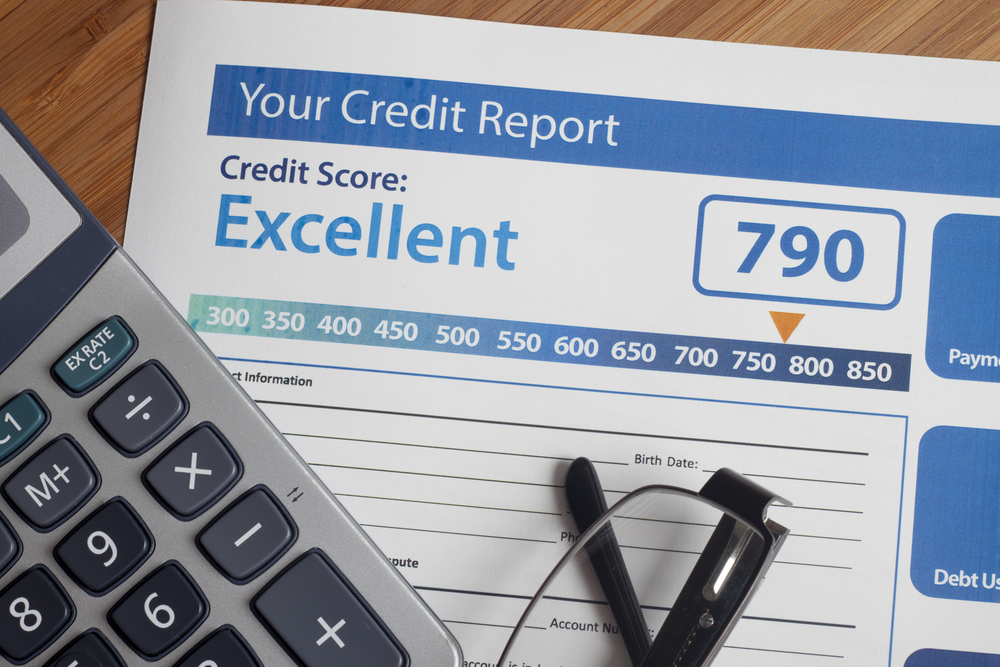
by:
If you’re considering a mortgage loan in the near future, or for several other very important financial areas, credit score will be a vital piece of information. A measure of your past creditworthiness, credit score will impact everything from the mortgage rates you qualify for to certain programs you may not even be eligible for without the requisite number.
At Primary Residential Mortgage, our team is here to help with any credit score-related questions while we help you find the perfect home loan. One of the most common questions we get here is this: How is my credit score calculated to begin with? Let’s go over the important factors involved here, plus which ranges signal a good score and which are signs that you have some work to do.
Factors and Weights
For the remainder of this blog, we’ll be discussing FICO credit score – this stands for Fair Isaac Corporation, and it’s by far the most common such measure used by lenders. It’s been in use for coming up on three decades now. It takes information from each of the three major reporting agencies (Equifax, Experian and TransUnion) and uses it to help show lenders how much they can safely loan you and what interests rates they should ask for in return.
We should state up front that the exact formula for FICO credit score is proprietary and not publicly known. However, the group has publicized the basic factors and weights that go into their scores, which can be found here:
- Payment history (35 percent weight): The simplest area of credit, this refers to whether you’ve paid previous credit accounts on time and with proper amounts. Things like late or missed payments, or payments under the minimum, will ding you here.
- Owed amounts (30 percent weight): Between all your open credit accounts, what percentage of your total credit limit are you using? You generally want to keep this number below 30 percent if at all possible.
- Credit history (15 percent weight): The longer your credit accounts have been active and in use, the better this will reflect on your credit score because it shows lenders you’re serious about the long haul.
- New accounts (10 percent weight): This is a tricky area, because in general it’s good to have one or two new accounts along with some older ones that show your track record – this proves to lenders you have an active interest in growing your credit. But at the same time, opening too many accounts in too short a period will raise red flags, and the system will dock you if it thinks you’re trying to game it.
- Credit mix: Do you have a couple different types of credit accounts in use?
Good and Bad Ranges
Here’s a basic primer on what your credit score, which can range from 300 to 850, means:
- 800 or better: Excellent score
- 740-799: Very good
- 670-739: Average
- 580-669: Fair
- Less than 580: Poor
If you have any other questions about credit score or any of our mortgage services, speak to the staff at Primary Residential Mortgage in Cascade today.